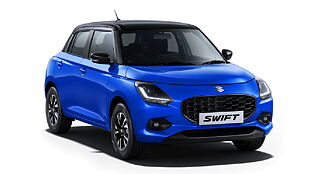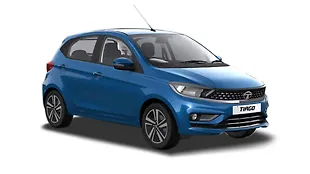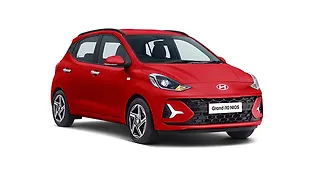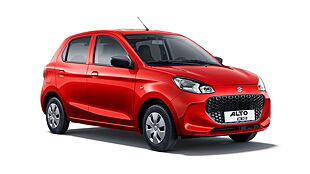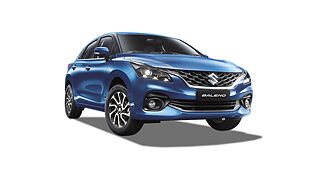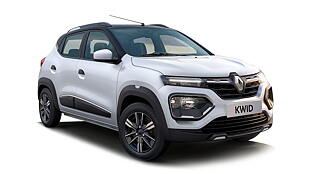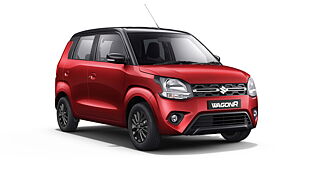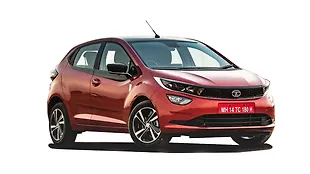Octane ratings and how does it affect your car

India is slowly and steadily stepping up on the performance ladder with the advent of faster bikes, superbikes, performance cars and supercars. With AMGs, Ms and RSs being outnumbered by Lamborghinis and Ferraris, the demand for high-performance fuel is at an all-time high. We do get the 97-octane fuel at select fuel pumps but for those who demand even more, Hindustan Petroleum (HP) had launched the 99 Octane petrol.
So, how does Octane rating or number define the performance-ability of the fuel? To understand this, one will need to get acquainted with the technicalities that govern the workings of an internal combustion engine and we will try to make it as easy as possible. IC engines work on the principle of compressing the air-fuel mixture which then ignites or is ignited to create the power stroke.
Petrol has a much higher flash-point (the point at which the fuel ignites by itself), which is why spark plugs are used to detonate the mixture. But with automotive technology growing leaps and bounds, modern engines are running much higher compression these days.
But if the fuel reaches its flash-point before the engine reaches its peak compression, it will result in what we call, knocking. Octane rating or Octane number is a scale on 1-100 which defines the fuel’s ability to resist compression and avoid knocking. Octane number is not a measure of the energy content of the fuel (that is the calorific value), but indicates how linearly the fuel will burn when ignited rather than exploding in an uncontrolled manner.
The Octane number is defined by the percentage mixture of Iso-octane and heptane which matches the burning characteristics of the test fuel. But now, because of the advancements in chemistry, fuels can be curated to have better burning characteristics than Iso-octane which results in octane numbers over 100.
The modern high-speed high compression engines are being designed with minimal tolerances, either to churn higher performance or to save costs. In either case, knocking would affect the performance of the engine in terms of power or longevity, which is why fuels with better octane ratings are an absolute must. Better octane rated fuels help in linear, and hence, cleaner burning of the fuel in the combustion chamber leading to lower carbon deposition over the years. With less knocking, the stresses on the engine will remain well under the designed values which means, the chances of engine issues will be at the lowest.
The standard fuel that we get here in India has an octane rating of 91. Premium fuels like Speed or XtraPremium have slightly better properties, but with the same octane rating as the regular fuel. Bharat Petroleum offers Speed 93 and Speed 97 with the numbers denoting the octane ratings. You can also buy fuel additives which improve the octane rating of the fuels and these are available on the internet as well as at fuel stations.

![Maruti Suzuki Swift [2018-2021] Image Maruti Suzuki Swift [2018-2021] Image](https://imgd.aeplcdn.com/272x153/n/cw/ec/26742/swift-exterior-right-front-three-quarter-2.jpeg?q=80)
![Maruti Suzuki Swift [2018-2021] Right Front Three Quarter Maruti Suzuki Swift [2018-2021] Right Front Three Quarter](https://imgd.aeplcdn.com/199x112/n/cw/ec/26742/swift-exterior-right-front-three-quarter-2.jpeg?q=80)
![Maruti Suzuki Swift [2018-2021] Right Side View Maruti Suzuki Swift [2018-2021] Right Side View](https://imgd.aeplcdn.com/199x112/n/cw/ec/26742/swift-exterior-right-side-view.jpeg?q=80)
![Maruti Suzuki Swift [2018-2021] Right Rear Three Quarter Maruti Suzuki Swift [2018-2021] Right Rear Three Quarter](https://imgd.aeplcdn.com/199x112/n/cw/ec/26742/swift-exterior-right-rear-three-quarter.jpeg?q=80)
![Maruti Suzuki Swift [2018-2021] Dashboard Maruti Suzuki Swift [2018-2021] Dashboard](https://imgd.aeplcdn.com/199x112/n/cw/ec/26742/swift-interior-dashboard.jpeg?q=80)
![Maruti Suzuki Swift [2018-2021] Steering Wheel Maruti Suzuki Swift [2018-2021] Steering Wheel](https://imgd.aeplcdn.com/468x263/n/cw/ec/26742/swift-interior-steering-wheel.jpeg?q=80)
